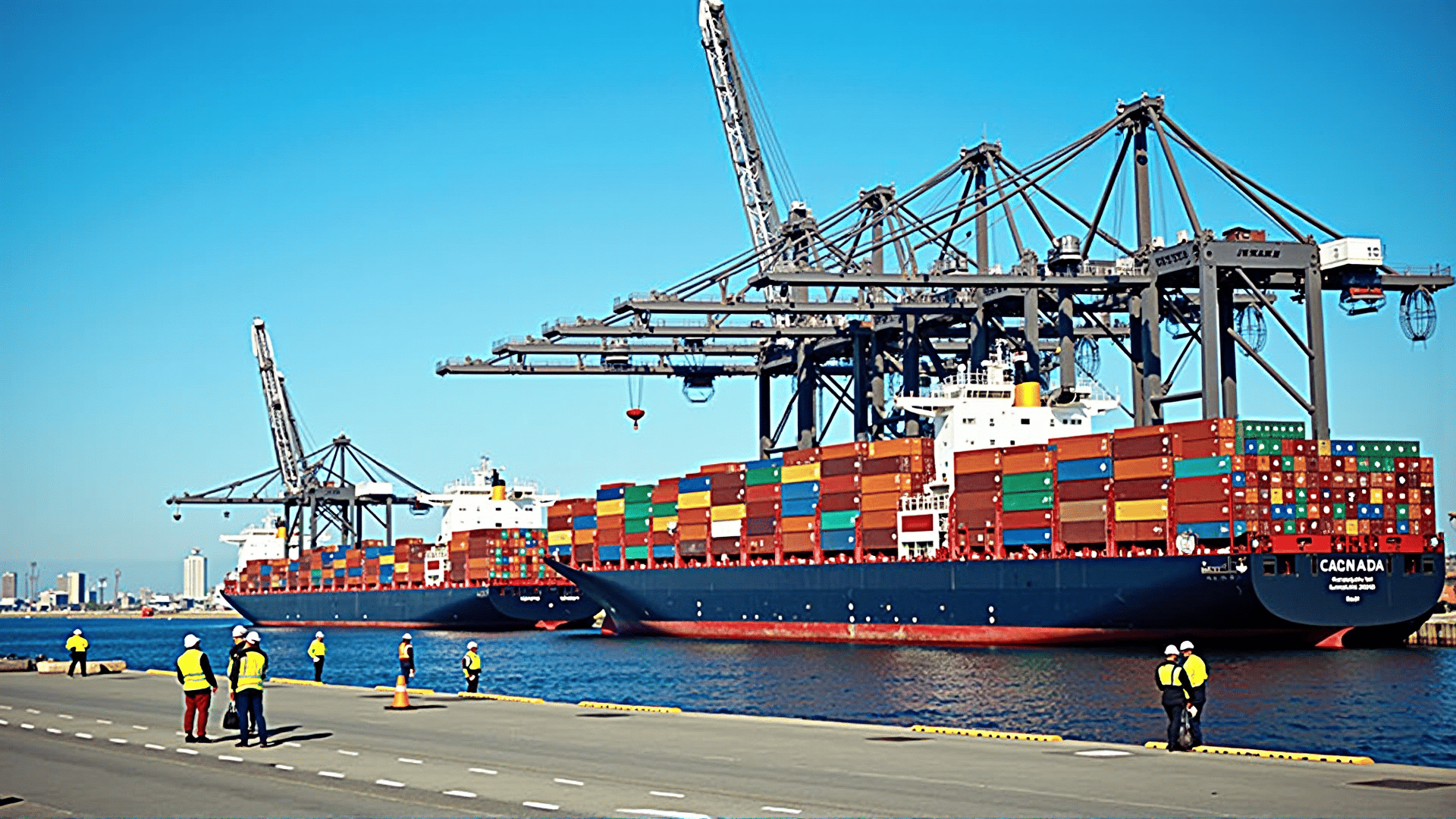Canada's economy, characterized by its robust natural resources and diverse industries, is significantly influenced by global market dynamics. The interplay between domestic economic activities and international trends forms a crucial part of understanding Canada's economic growth and sustainability.
One of the primary factors is Canada's vigorous trade relationships. As a country rich in natural resources, such as oil, minerals, and lumber, Canada relies heavily on exports. The demand for these resources is subject to global market fluctuations. For example, when global demand for oil increases, Canada experiences an economic boost, enhancing revenues from this sector. Conversely, a downturn in global demand can lead to economic slowdowns, highlighting the country's vulnerability to global market shifts.
Import regulations also play a pivotal role in shaping Canada's economic landscape. By managing the goods and services that enter the country, Canada ensures that its domestic markets remain competitive while also protecting its industries from the influx of cheaper foreign goods. This balance helps maintain industry stability and contributes to economic growth by allowing domestic businesses to thrive. Furthermore, import policies are often reflective of international diplomatic relations and trade agreements, making them crucial to international economic collaborations.
Canada's participation in international collaborations further illustrates the influence of global markets. By engaging in trade agreements and partnerships, Canada leverages collaborative relationships to foster mutual growth. These partnerships can facilitate access to new markets for Canadian businesses, stimulate innovation through shared knowledge, and ultimately contribute to a more dynamic and resilient economy. Notable agreements, such as the United States-Mexico-Canada Agreement (USMCA), underscore the significance of international collaboration in Canada's economic strategy.
Additionally, technological advancements and innovation practices, guided by global trends, influence Canada's economic trajectory. As industries worldwide pivot towards digital transformation and sustainable practices, Canada has embraced these shifts by investing in high-tech sectors and green technology. This strategic alignment with global market trends not only enhances Canada's competitiveness but also attracts international businesses and talent, further boosting economic growth.
In terms of challenges, Canada must continually adapt to the rapid pace of global economic change. Issues such as international tensions, changing environmental regulations, and evolving consumer preferences necessitate a proactive approach to policy and economic planning. By anticipating these challenges and innovating accordingly, Canada can sustain its economic resilience in the face of global market uncertainties.
In conclusion, the influence of global markets on Canada’s economy is profound and multifaceted. Through strategic export practices, nuanced import regulations, and active participation in international collaborations, Canada harnesses global economic dynamics to bolster its growth. By maintaining adaptability and a strategic approach to global trends, Canada continues to navigate the complex interplay between national and international economic spheres effectively.
